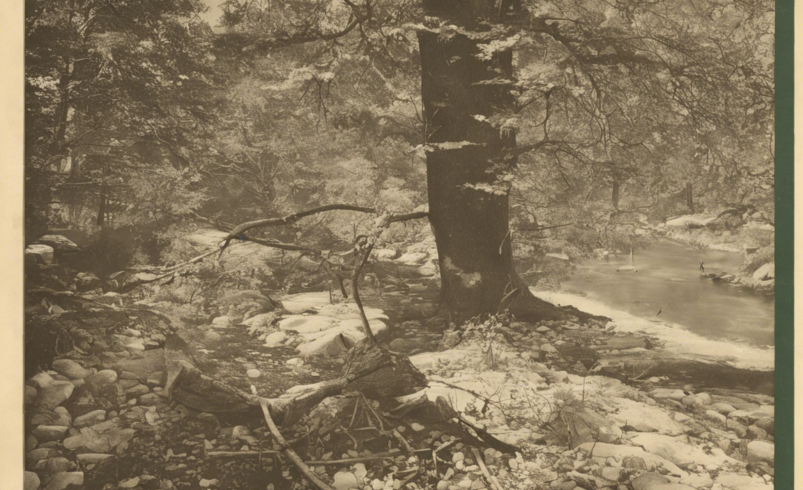Introduction
Nature has long been a source of healing and wellness for humanity, providing us with a vast array of medicinal plants that offer a natural alternative to conventional medicine. In Fall River, Massachusetts, the abundance of flora allows us to unlock the healing power of nature right at our doorstep. From soothing aches and pains to boosting immunity and promoting relaxation, the medicinal plants of Fall River hold a wealth of health benefits waiting to be explored.
Exploring Fall River’s Top Medicinal Plants
H2: Echinacea (Echinacea purpurea)*
Echinacea, also known as purple coneflower, is a well-known immune-boosting herb that grows abundantly in Fall River. Its vibrant purple flowers contain compounds that support the immune system and can help prevent and alleviate colds and flu. Echinacea can be consumed as a tea or in supplement form to enhance immune function and ward off infections.
H3: St. John’s Wort (Hypericum perforatum)*
St. John’s Wort is a sunny yellow flowering plant that is commonly used to alleviate symptoms of depression and anxiety. In Fall River, this herb can be found in sunny meadows and open fields. St. John’s Wort acts as a natural mood enhancer, promoting feelings of well-being and relaxation. It can be brewed into a tea or taken as a supplement to improve mood and mental health.
H3: Chamomile (Matricaria chamomilla)*
Chamomile is a delicate, daisy-like plant that is prized for its calming and soothing properties. This herb grows abundantly in Fall River and is commonly used to promote relaxation, improve sleep, and alleviate digestive issues. Chamomile tea is a popular way to enjoy the benefits of this gentle herb and can be especially helpful in reducing stress and anxiety.
H2: Milk Thistle (Silybum marianum)*
Milk Thistle is a tall, spiky plant with purple flowers and white-veined leaves that is known for its liver-protective properties. In Fall River, this herb can be found growing along riverbanks and in meadows. Milk Thistle is commonly used to support liver health, detoxification, and digestion. It can be taken as a supplement or brewed into a tea to promote overall liver function.
H2: Garlic (Allium sativum)*
Garlic is a pungent herb that is widely used for its immune-boosting and antimicrobial properties. In Fall River, garlic can be easily grown in home gardens or purchased fresh from local markets. Garlic is rich in allicin, a compound that has been shown to have antibacterial, antifungal, and antiviral effects. Incorporating garlic into your diet can help strengthen your immune system and ward off infections.
H3: Peppermint (Mentha piperita)*
Peppermint is a refreshing herb that is known for its ability to aid digestion and soothe gastrointestinal issues. This aromatic herb can be found growing in gardens and along riverbanks in Fall River. Peppermint tea is a popular remedy for indigestion, bloating, and gas, as it helps relax the muscles of the digestive tract and reduce symptoms of digestive discomfort.
Frequently Asked Questions (FAQs)
- What are some safety precautions to keep in mind when using medicinal plants?
- It’s important to properly identify plants before use to avoid accidental ingestion of toxic species.
- Pregnant or nursing women should consult with a healthcare provider before using medicinal plants.
-
Some herbs may interact with medications, so it’s essential to check for any contraindications.
-
Can I grow medicinal plants at home in Fall River?
- Yes, many medicinal plants can be easily grown in home gardens, such as chamomile, peppermint, and echinacea.
-
Be sure to provide the right growing conditions, such as sunlight, water, and soil quality, for optimal plant growth.
-
How should I harvest and store medicinal plants for future use?
- Harvest plants in the morning when their essential oils are most potent.
- Dry herbs in a well-ventilated area away from direct sunlight to preserve their medicinal properties.
-
Store dried herbs in airtight containers in a cool, dark place to maintain freshness.
-
Are there any regulations or restrictions on harvesting wild medicinal plants in Fall River?
- It’s important to respect local regulations and guidelines on foraging for wild plants to prevent overharvesting and protect natural habitats.
-
Some protected species may not be legally harvested, so it’s crucial to research and identify plant species before harvesting.
-
Can medicinal plants be used to replace conventional medication entirely?
- While medicinal plants offer a natural alternative to conventional medicine, they may not always be suitable for treating serious or chronic conditions.
- It’s essential to consult with a healthcare provider or herbalist to determine the most appropriate treatment plan for individual health needs.
Conclusion
The medicinal plants of Fall River offer a wealth of health benefits that can enhance well-being and promote natural healing. From immune-boosting echinacea to calming chamomile, these plants can be used in various forms, such as teas, supplements, or tinctures, to support overall health and vitality. By harnessing the healing power of nature, we can tap into the therapeutic properties of these plants and optimize our health in a gentle and sustainable way.





